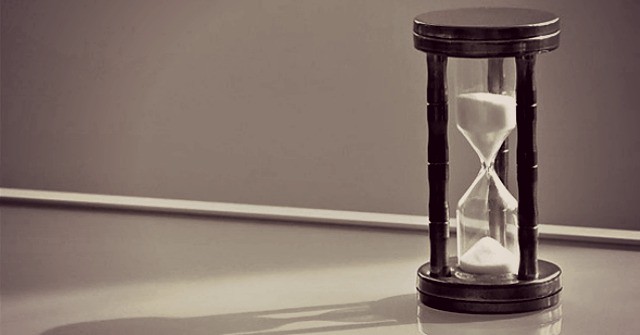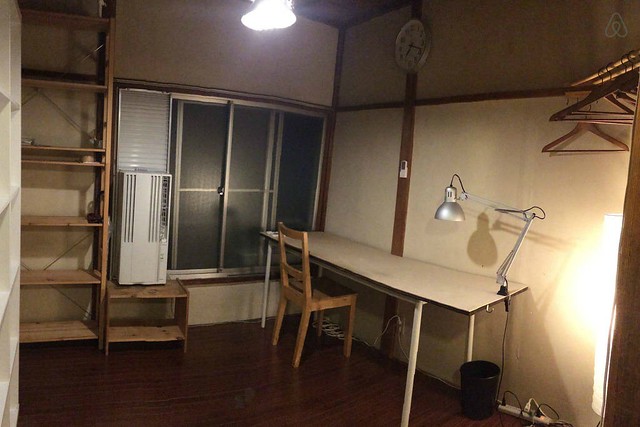This morning I was interested to read an article in The New Daily about time poverty. The headline was 'Money really can buy happiness, if spent on the right thing - time'.
It's based on a global study that found working adults reported greater happiness after spending money on time-saving rather than material purchases. It said this helped them escape the 'time famine of modern life'.
I don't particularly like the idea that busy rich people can buy their way out of time poverty by employing servants. But it is good to hear it said that those who are chronically unemployed have the upper hand in time wealth, and that time wealth is a more likely path to happiness and well-being than material wealth.
The article quoted local experts, including Dr Melissa Weinberg of the Australian Centre on Quality of Life at Deakin University, who said the study is not about saving time, but the freedom to choose how we use our time.
'Time is a precious resource and the busier we are, the more valuable our time becomes, so it's important we feel that we are in control of how we spend the time we have.'
The implication is that those who are materially poor but time rich could develop a greater sense of self worth and empowerment, and make good use of the freedom they have to choose.
They might say that they can't do anything without money, and that is true in relative terms. I would not like to see these ideas about time poverty used to excuse government policies that are increasing material inequality.
But there are many life-affirming activities that do not require us to be cashed up. Such as spending time with family and friends, reading books from the local library, and bushwalking. Even study. Most people with primary degrees are not aware that Australian universities don't charge fees for post-graduate research degrees.
People who are time poor simply don't have time to read and study, and there is a huge opportunity cost in that in terms of their total well being.
Two years ago I retired at the age of 55 because I valued my time more than the wage and diminishing satisfaction that I was getting out of remaining in a job I'd been in for ten years.
I've chosen to use the time to get fit and to travel. I've found simple ways to do these things, so that I enjoy doing them for longer periods of time at less cost. That's why I'm leaving next week to spend five weeks living in Tokyo renting very basic airbnb accommodation that most people would look down on (pictured).
The material values of our society have conditioned us to think that we can't do anything without money, but the truth is that we can't do anything without time.
Links: New Daily study


